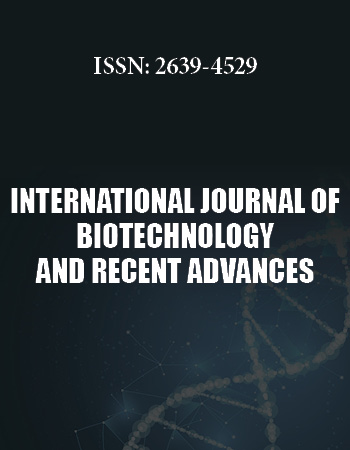International Biotechnology and Research Conference
April 25-27, 2018 Rome, Italy
Tumor Extracellular Matrix Microenvironment, Role of Macrophages
Riptide Bioscience, USA
Many solid tumors contain more fibroblasts and macrophages than tumor cells. The tumor cells secrete factors which attract monocytes to the tumor and also other cytokines which polarize the monocytes to an alternate phenotype (M2/TAMs) which is growth promoting, anti-inflammatory and attracts fibroblasts and endothelial cells to the tumor. Interestingly both chemotherapy and radiation therapy strongly increase M2/TAM numbers in the tumor and probably enhance tumor resistance to these therapies. I and my colleagues have been working with some synthetic peptides which target CD206 which is greatly enriched on M2 and TAMs and induce both repolarization to the M1 Inflammatory phenotype and also kills many M2/TAMs. This is associated with an increase in response to chemotherapy, a decline in cancer stem cells, decline in checkpoint inhibitors and an increased immune attack on the tumor.
The peptides have not been found to be toxic to the host, even when given at much higher concentrations than used to treat tumor bearing mice
Biography:
Henry Lopez is a founder, CEO/CSO of MuriGenics, Inc. which is a preclinical contract research organization working with national and international companies, located in Vallejo, California. Prior to this he worked with many Northern California biotechnology companies such as Pfizer, Parke-Davis, GeneNetworks, Glycomed, Xoma and Cetus.
In 2012 he founded Riptide Bioscience (Senior Vice President) a synthetic peptide company focusing on immunomodulation and antimicrobials. Have licensed out one peptide to Pharma for treating pancreatic cancer- working partner has been the NCI for the last 4 years.
He received PhD from the University College London –Royal Free Hospital.


